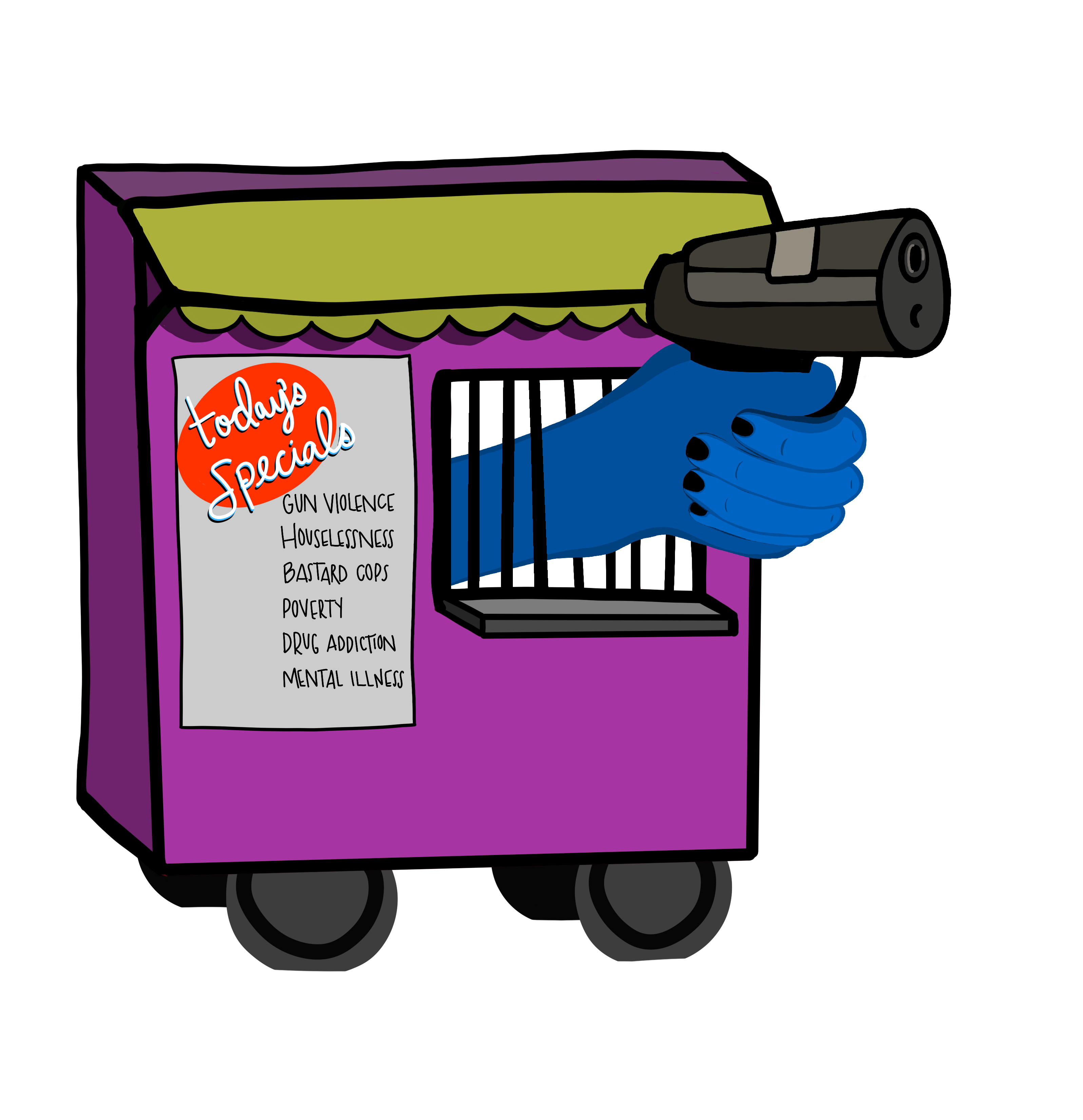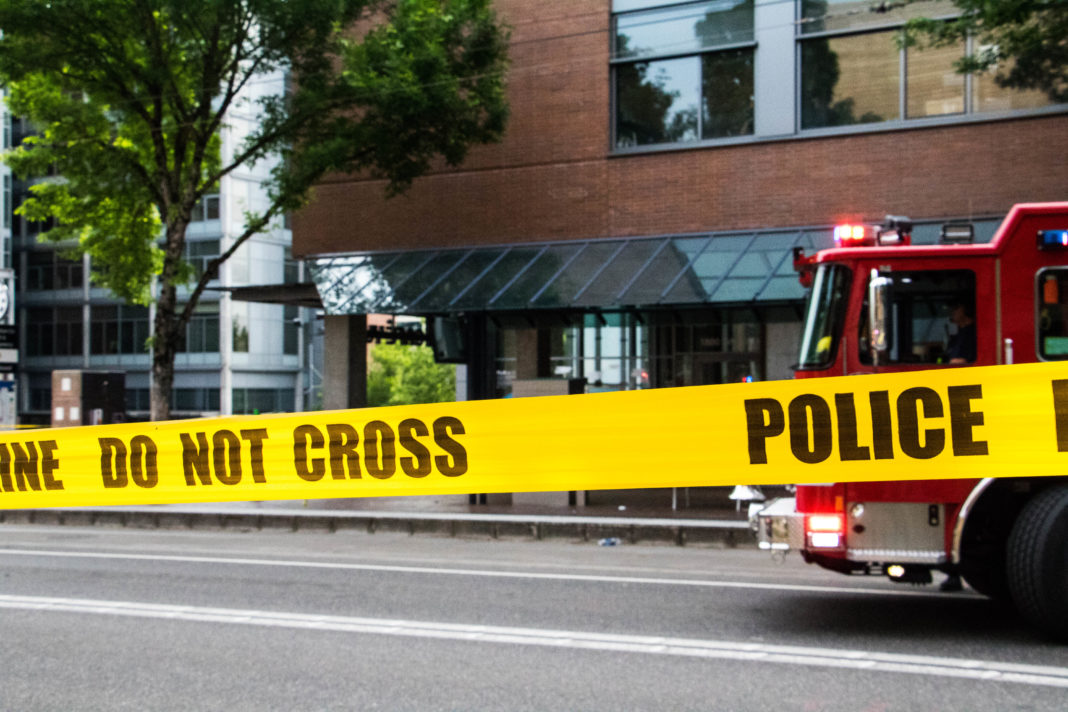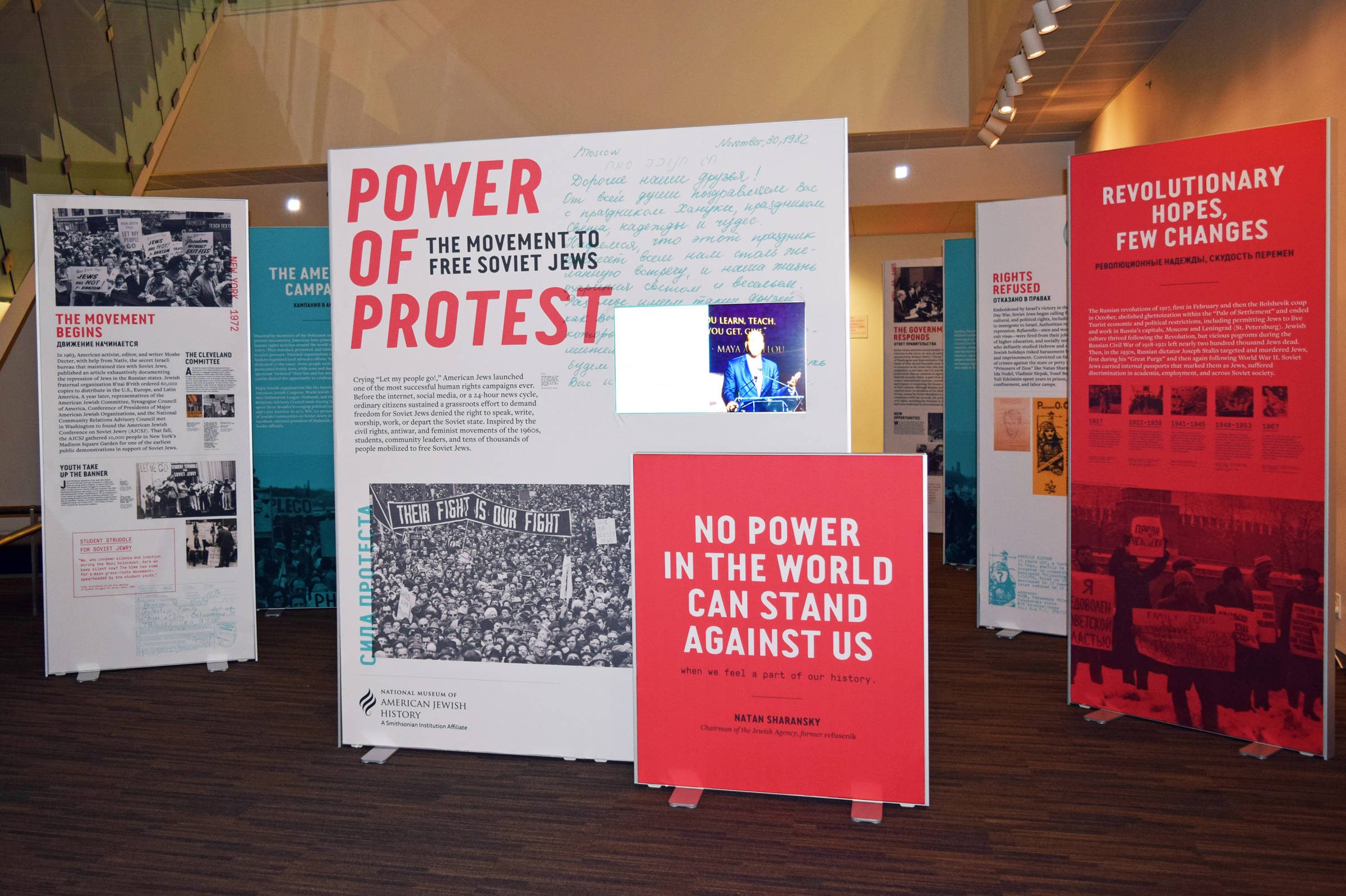Over 90 homicides were recorded in Portland last year, surpassing the previous record high of 66 in 1987. Although much smaller in size than its neighboring cities, Portland recorded more homicides in 2021 than San Francisco—and more than double the amount of Seattle. Now into the second month of 2022, the murder rate doesn’t seem to be dying down.
Many associate the increase of crime to the defunding of the police department and large resignation of officers. Although this may be partially true, the fear of getting caught rarely prevents crime. People don’t refuse to kill because they’re worried about going to jail—they refuse to kill because it’s evil and invalidates their conscience.
Others blame the opioid crisis and the problem of houselessness as the major contributors to the upsurge in crime. But despite the correlation, these factors are not the source of the problem, but a separate outcome.
People struggling mentally and emotionally are more likely to abuse drugs as a way to find that missing sense of elation, and while intoxicated or desperate for more, their chance of assaulting another may be heightened. However, the majority of homicides are gun-related.
According to the city police, the 1,288 shootings in 2021 were mostly related to gangs and drugs. But it’s not the Sackler family shooting at rival millionaires in the streets, it’s lower class individuals who are struggling mentally and emotionally.
The point is that this is a consequence of our world’s outrageous economic inequality. When Ronald Reagan became president in 1981, he passed policies to deteriorate unionization, decrease the relative wealth of the middle and lower class and cut taxes for the wealthy, all of which have led to the propagation of a poorly adapted economic system.
Fast-forward to 2020 and we witness the lack of preparation that allowed a virus to pull 88–115 million people across the world into extreme poverty. Of course, violent crime has skyrocketed—and not just in Portland, but across the U.S as a whole. When people are under financial stress or have limited availability of basic needs, many of them are going to break the law to survive.
Many people falsely believe that this was an inevitable outcome from the pandemic, but this is not the case. Our economic system places excessive power in the hands of large corporations rather than a centralized government tasked with supporting the public. This resulted in a lack of pandemic preparation, and the lack of social services that would have acted as security for people when the economy shut down.
Our neoliberal economic system places the responsibility of health, welfare and security on private entities who prioritize their businesses success, rather than the well-being of the people—and the system as a whole.
There was a day when these large healthcare corporations decided that spending money on outbreak preparation was less profitable than spending it elsewhere, and by making this decision, the working class suffered while companies appreciated in value exponentially. It is more clear than ever that these owners’ own scope of their importance only takes into account their individual wealth and not the well-being of us all.
Although their prioritization was selfish, this isn’t just to blame the large corporations, but to understand that our system incentivizes them to increase individual ownership—rather than improving the circumstances of the working class.
Countries with a history of collectivism—such as Taiwan, South Korea, Singapore, Australia, Germany, China and more—have experienced far fewer COVID-19 deaths and cases. And because these countries chose to invest in preparation before the pandemic occurred, fewer people fell under the poverty line due to the pandemic.
We must come together in solidarity to distribute money and resources wholly. Crime will not go away until we incorporate a collectivist mindset that values everyone.






